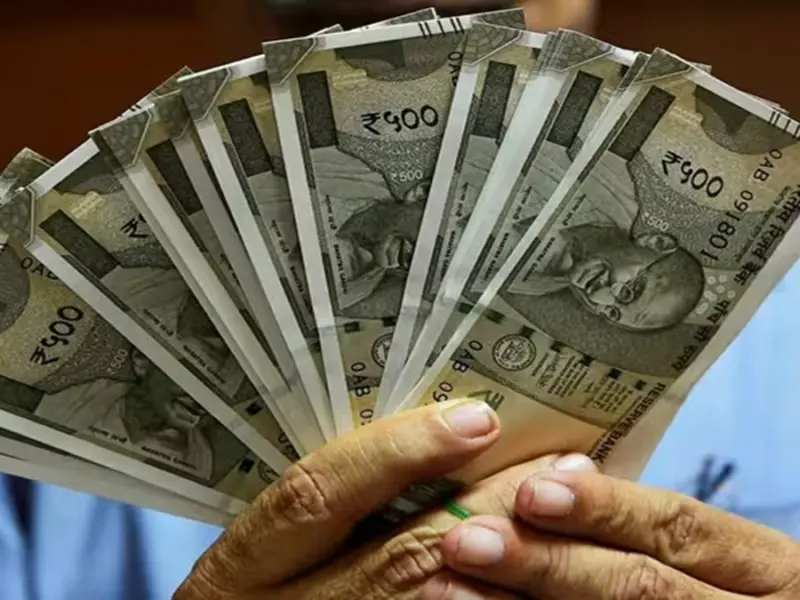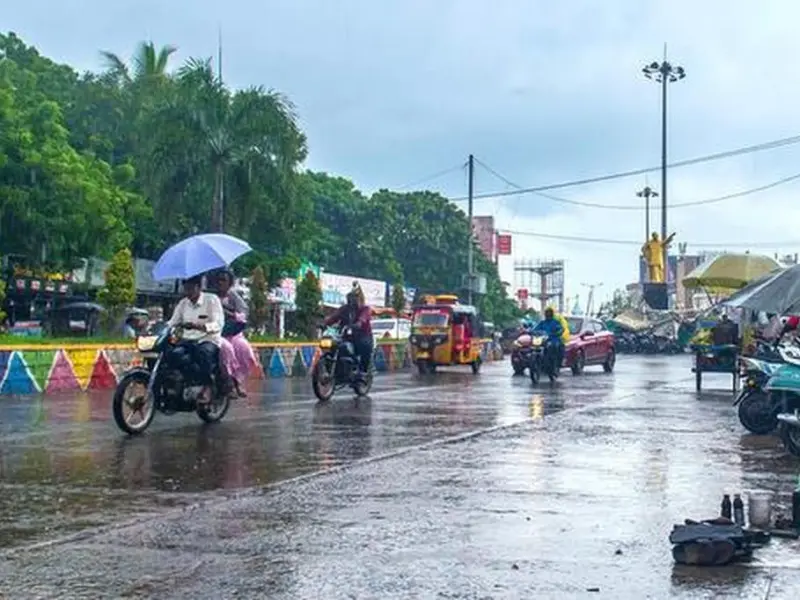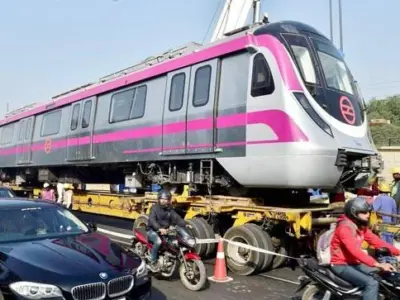As the festival of lights draws near, Delhi’s air quality index (AQI) has taken a perilous turn, reaching a ‘Severe Plus’ category with a reading of 454. The city is shrouded in a toxic haze, prompting an urgent health advisory as residents face acute respiratory discomfort.
Emergency Measures Enacted
The Commission for Air Quality Management (CAQM) has activated the fourth phase of the Graded Response Action Plan (GRAP) to combat the crisis. This phase enforces a comprehensive ban on:
- Construction and demolition activities
- Entry of diesel-powered trucks into the NCR
Impact on Education
Delhi’s Education Minister, Aatishi, has declared that primary schools will remain closed until November 10. In a flexible move, higher classes from 6th to 12th grade are permitted to continue via online or offline modes, depending on the situation.
Transportation and Construction Curbs
While LNG, CNG, and electric trucks are exempt, there is a stringent prohibition on the entry of small commercial vehicles (LCVs) registered outside Delhi. Additionally, diesel vehicles registered in Delhi, specifically medium and heavy goods vehicles, are barred from operation unless they are essential service vehicles.
Construction Halts Across the Board
Previously, GRAP’s third phase allowed exemptions for crucial government projects. However, the current restrictions extend to all construction and demolition activities, including major infrastructure projects.
Government’s Role in Mitigating the Crisis
State governments have the autonomy to transition classes 6th to 11th to online learning. They may also mandate a 50% attendance cap in public companies, local bodies, and private offices, encouraging the rest to work from home. The central government is considering similar measures for its employees.
Further Emergency Measures
State governments may also contemplate additional emergency actions, such as:
- Closing colleges and educational institutions
- Suspending non-emergency commercial activities
- Implementing an odd-even vehicle operation scheme
Public Advisory
Residents are advised to stay indoors as much as possible and wear masks when venturing outside. Those with respiratory conditions should take extra precautions and avoid outdoor activities.
As Delhi confronts this environmental challenge, the collective efforts of the government and the public are crucial in navigating through this smog-filled ordeal. The city’s determination to improve air quality is more critical than ever as it celebrates Diwali amidst these trying conditions.





